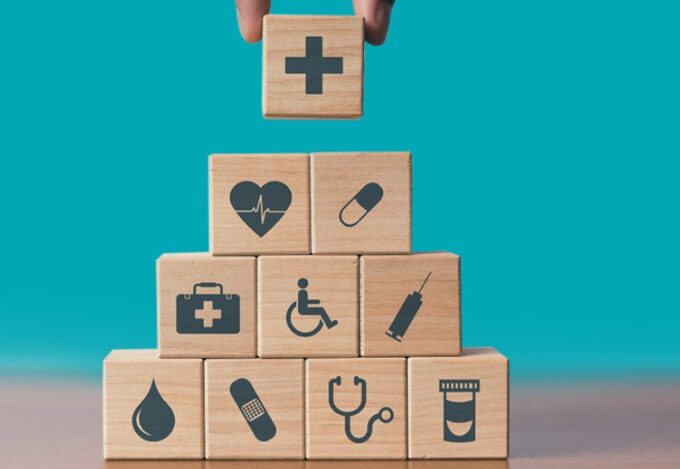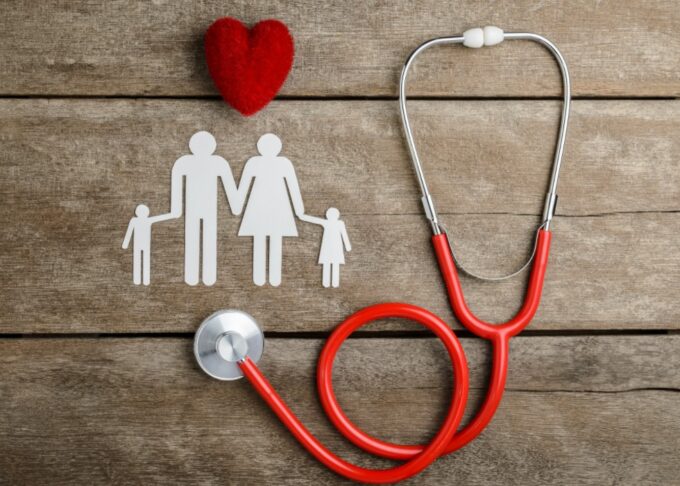Affordable health insurance is essential for a productive workforce, small company innovation, and our nation’s families’ economic and health security. Today, my focus is on those families: how a lack of affordable health insurance jeopardises their health and financial stability, and how health reform can and must ensure affordability to restore families’—and the nation’s—well-being.
Furthermore, health care is quite essential for all of us because of many reasons. Not only that but health care includes a lot of different things including but not limited to HGH, human growth hormone. You have to make sure that your health care package also includes this, if not then do not worry. There are a lot of different shops and websites that sell HGH including but not limited to hghtherapydoctor.us, so you do not have to worry about HGH.
The ramifications of affordability issues

Unaffordability of health insurance renders health care costly and inaccessible, according to a growing body of evidence. There is a gulf between the health care demands of individuals without health insurance and access to quality health care services, as the Institute of Medicine has observed. When people do not have health insurance, they are more likely to postpone treatment, receive poorer care, and die.
Another personal financial disaster is home mortgage foreclosure, which is linked to health-care costs. In a recent study of borrowers in foreclosure, seven out of ten said their foreclosure was caused by unmanageable medical expenses, or that they had suffered other medical interruptions to their income, such as lost employment due to illness or utilising home equity to pay medical bills.
Respondents in a 2007 study said they had to choose between blowing through a lifetime’s savings, racking up credit card debt, foregoing other essentials, or trying to get a mortgage. People who are underinsured experience not just physical issues as a result of insufficient care, but also financial challenges as a result of the therapy they do receive. Bankruptcy is at the top of the list.
Nearly half of all bankruptcies in the United States are linked to health-care costs, at least in part. And nearly three-quarters of individuals suffering medical bankruptcy had health insurance at the time of their bankrupting sickness. Three-fifths of sicker uninsured individuals said they had been approached by a collection agency.
Concerns about financing essential medical treatment caused insured persons to cut back on care owing to cost, according to a recent Kaiser Family Foundation poll. Postponing care (34%) was the most common response, followed by skipping a recommended medical appointment or treatment (30%), not completing prescriptions (27%), and skipping dosages or cutting tablets (27%).
Evidence shows that those who are uninsured face similar difficulties in receiving required care. According to the Commonwealth Fund, underinsured people are two to three times more likely than insured people to forego necessary medical care due to cost. A complete two-thirds of sicker uninsured persons went without essential care owing to cost, with half of those with a chronic disease foregoing necessary prescriptions.
Because of high deductibles, significant cost-sharing, and restricted lifetime spending limitations that shift the financial risk of care to the person, some patients with insurance can pay more than $100,000 for their treatment. Many people who have had cancer treated, as well as many others who have had severe health crises or chronic diseases, are unable to acquire insurance against future sickness due to health insurance underwriting and rating processes.
Furthermore, Insurance that makes treatment costly is an issue for everyone dealing with a serious disease, regardless of the reason. However, a look at the issues that cancer patients face reveals how they are dealing with enormous financial problems at the same time as they are dealing with terrible physical ailments.
The evidence on cost of living

Individuals and families have felt the squeeze of rising health-care expenses as they continue to increase faster than the economy as a whole, let alone faster than household earnings. People feel the squeeze not just in their insurance premiums, but also in the payments they make for treatments covered by their insurance (via deductibles, copayments, and other cost-sharing agreements) and in payments for services not covered by their health insurance policies. All three must be considered when determining affordability—or unaffordability.
The likelihood of being underinsured or having financial difficulties as a result of medical expenses varies not just by family income but also by health condition. Individuals with chronic illnesses and other problems that need regular, often expensive medical treatment find it especially difficult to finance health care. Individuals who are older, have a reduced level of exercise, have a chronic condition such as diabetes, heart disease, or arthritis, or have had a stroke are more likely to spend a significant amount of their income on health care.
Medicaid and CHIP, which were created to give additional protection to low- and moderate-income families, do not always prevent these issues. Working-age individuals who are not parents of dependent children are not eligible for Medicaid (unless in areas with exemptions), and parents earning the minimum wage have too much money to qualify for Medicaid protection in many states.
Unfortunately, even those who have health insurance are increasingly having difficulty affording health care. According to research, an increasing percentage of Americans with health insurance are having difficulty affording health insurance and health care. Affordability is defined in a variety of ways by researchers. One set focuses on medical spending as a percentage of income, classifying households who spend more than a certain amount on healthcare as economically vulnerable or underinsured.
Principles for ensuring that health insurance is cheap

Families can’t be financially secure as long as they’re vulnerable to financial ruin when illness hits. People cannot live healthy and productive lives if they cannot afford the medical treatment they require when they become ill. Enacting health-care reform is a difficult process. However, the ideas of affordability are simple. Making health insurance inexpensive isn’t enough; affordable health insurance must also make health care affordable.









